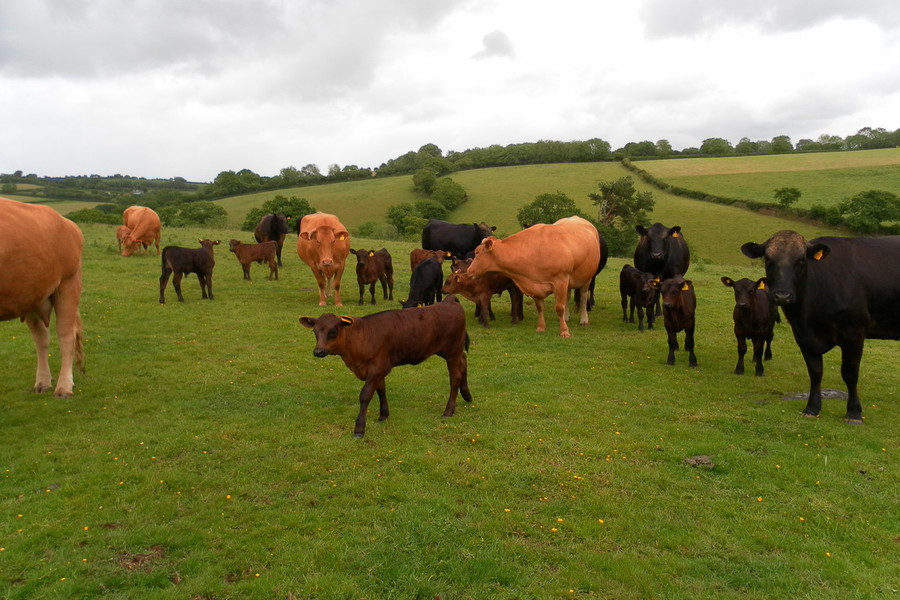
Farm Management & Consultancy
Farm management and consultancy services are essential for modern agriculture. They provide farmers and agribusinesses with expert guidance on planning, organizing, and running farms efficiently. With the right consultancy, farmers can improve productivity, reduce costs, and achieve long-term sustainability.
1.What is Farm Management? Farm management is the process of making strategic and day-to-day decisions about farm operations. It involves planning, resource allocation, monitoring, and evaluating results to ensure maximum profitability and efficiency.
Key aspects of farm management include:
- Land use planning and crop rotation strategies
- Livestock production and welfare management
- Financial planning and budgeting
- Farm labor management
- Use of technology and innovations
2. Importance of Farm Consultancy
Farm consultancy provides farmers with professional advice and solutions tailored to their unique needs. Consultants help farmers make informed decisions, adopt best practices, and stay updated with new technologies.
Benefits of consultancy include:
- Increased farm productivity and efficiency
- Cost reduction through optimized resource use
- Improved livestock and crop health management
- Guidance on accessing markets and finance
- Support in meeting government and international regulations
3. Areas Covered by Farm Consultancy
Farm consultancy can cover various aspects such as:
- Crop farming – soil testing, fertilizer application, pest and disease control
- Livestock farming – feeding programs, disease prevention, and breeding strategies
- Agribusiness development – market research, branding, and product distribution
- Farm mechanization – use of tractors, irrigation systems, and modern equipment
- Sustainability – climate-smart agriculture, organic farming, and waste management
4. Role of Technology in Farm Management
Modern technology is transforming farm management and consultancy services. From precision agriculture to digital record keeping, technology enables farmers to make data-driven decisions.
Examples of technologies used include:
- Drones for crop monitoring
- Farm management software for data analysis
- Automated irrigation systems
- Biotechnology and improved seed varieties
Conclusion
Farm management and consultancy play a critical role in ensuring the success of farms and agribusinesses. By adopting expert guidance and modern technologies, farmers can improve production, achieve sustainability, and remain competitive in the agricultural industry.

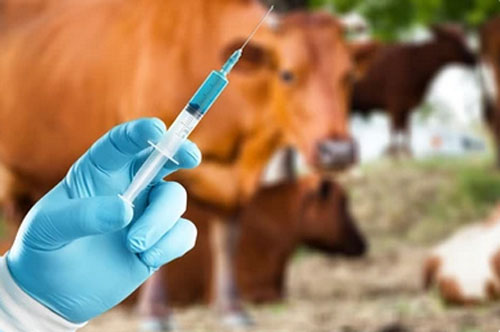

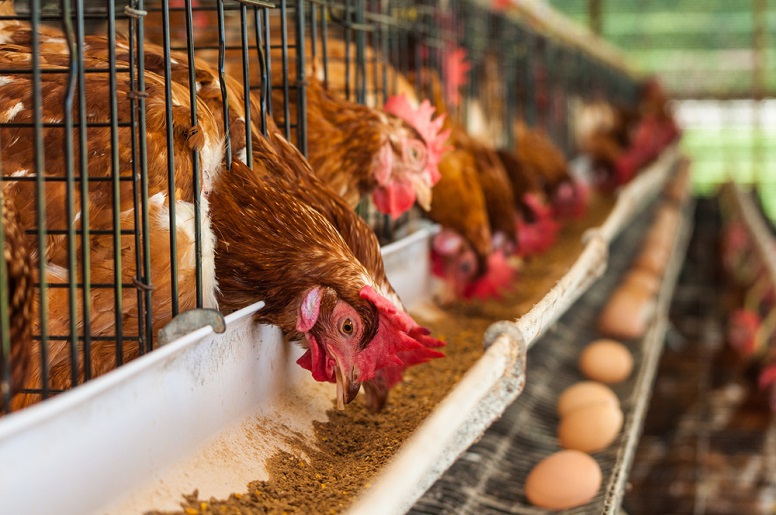
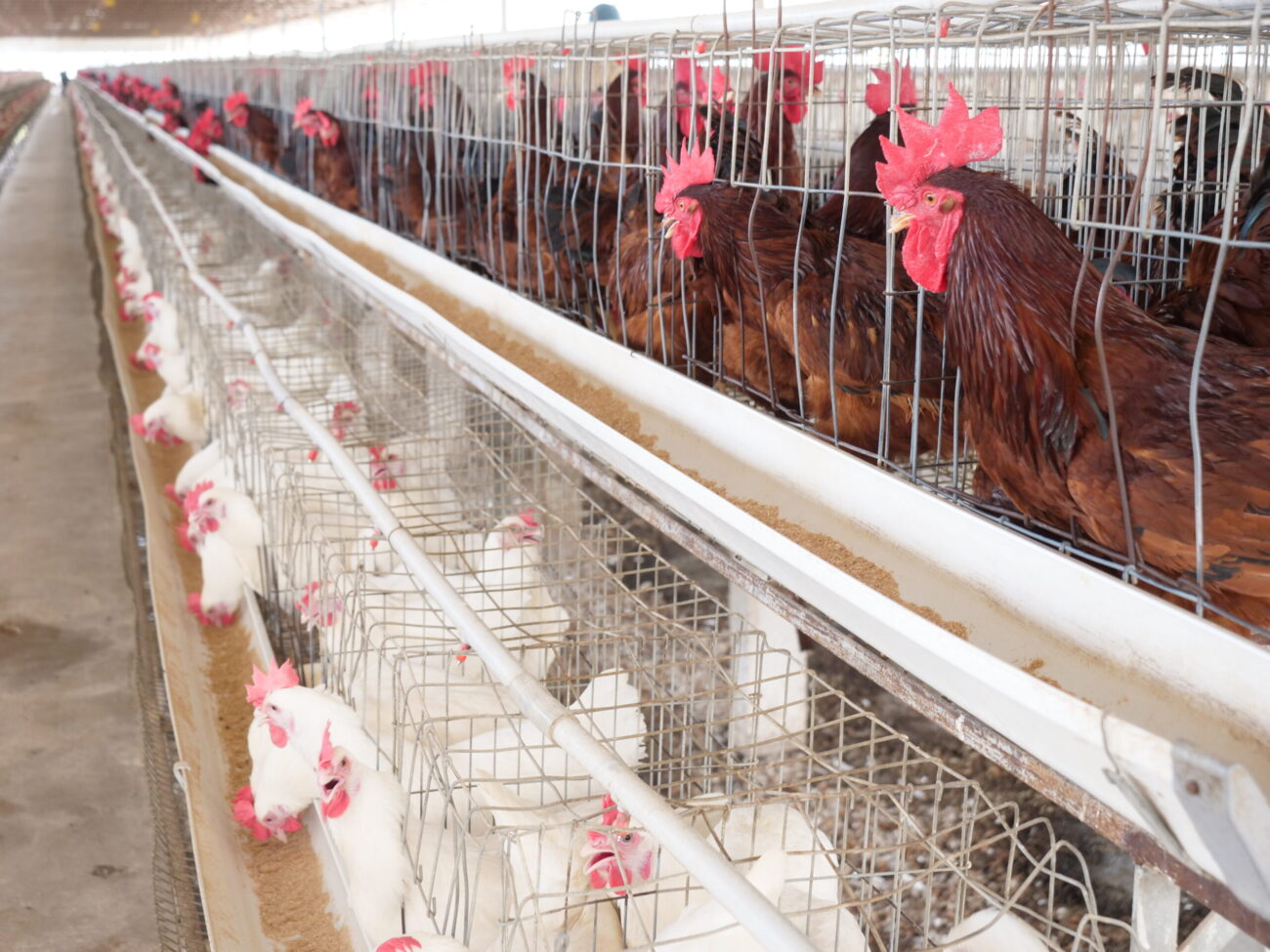
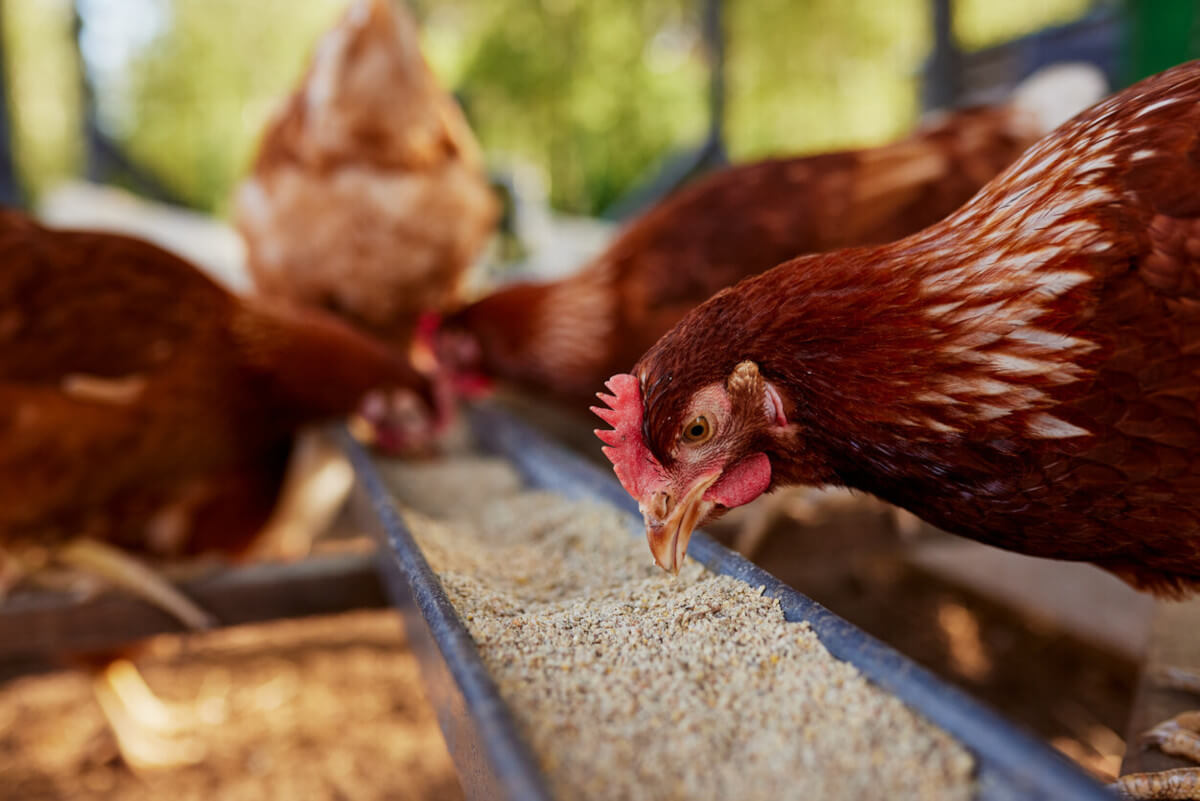
https://shorturl.fm/NXJj2
https://shorturl.fm/gG9sd
https://shorturl.fm/vnWxj
https://shorturl.fm/iA8vM
https://shorturl.fm/GPBaY
https://shorturl.fm/K8xah
https://shorturl.fm/1IrQE
https://shorturl.fm/xNphd
https://shorturl.fm/3LOOG
https://shorturl.fm/hhMAZ
https://shorturl.fm/F00qU
https://shorturl.fm/TXhCr
https://shorturl.fm/Odq0T
https://shorturl.fm/2Gq8i
https://shorturl.fm/Skb3h
https://shorturl.fm/UJAI3
https://shorturl.fm/4pE2Y
https://shorturl.fm/uqyPB
https://shorturl.fm/M9ovJ
https://shorturl.fm/fZbfm
https://shorturl.fm/SgyhZ
https://shorturl.fm/tSn2R
https://shorturl.fm/E6KSD
https://shorturl.fm/hK5zs
https://shorturl.fm/ROVIp
https://shorturl.fm/18HxB
https://shorturl.fm/JqXXc
https://shorturl.fm/g4RHU
https://shorturl.fm/u0C4W
https://shorturl.fm/XrpUh
https://shorturl.fm/hvyIk
https://shorturl.fm/6fjf4
https://shorturl.fm/8Q4pF
https://shorturl.fm/dacV1
https://shorturl.fm/d5ekt
https://shorturl.fm/TH9IE
https://shorturl.fm/RXnZq
https://shorturl.fm/lU5Qi
https://shorturl.fm/X9PJL
https://shorturl.fm/ZhR6V
https://shorturl.fm/Niu8k
https://shorturl.fm/i16Me
https://shorturl.fm/xXWma
https://shorturl.fm/9VA9G
https://shorturl.fm/P8AcH
https://shorturl.fm/O4znB
https://shorturl.fm/UjQXY
https://shorturl.fm/RPiBt
https://shorturl.fm/lPBCx
https://shorturl.fm/MZFzv
https://shorturl.fm/24Fcb
https://shorturl.fm/eCQkX
https://shorturl.fm/34DiJ
https://shorturl.fm/ZZXsa
https://shorturl.fm/2urCg
https://shorturl.fm/usbxg
https://shorturl.fm/Z7Y9g
https://shorturl.fm/aAPpm
https://shorturl.fm/5DSVS
https://shorturl.fm/97JBE
https://shorturl.fm/bjCmG
https://shorturl.fm/GLosu
https://shorturl.fm/lAaBG
https://shorturl.fm/385bn
https://shorturl.fm/WOr7u
https://shorturl.fm/8eb3S
https://shorturl.fm/Tc33G
https://shorturl.fm/09MXA
https://shorturl.fm/wniNO
https://shorturl.fm/Lmv0C
https://shorturl.fm/x86w5
https://shorturl.fm/tZaOu
https://shorturl.fm/MkHoW
https://shorturl.fm/MkHoW
https://shorturl.fm/gweJe
https://shorturl.fm/nseim
https://shorturl.fm/XDqpF
https://shorturl.fm/vjmWt
Fast indexing of website pages and backlinks on Google https://is.gd/r7kPlC
Drive sales, collect commissions—join our affiliate team!